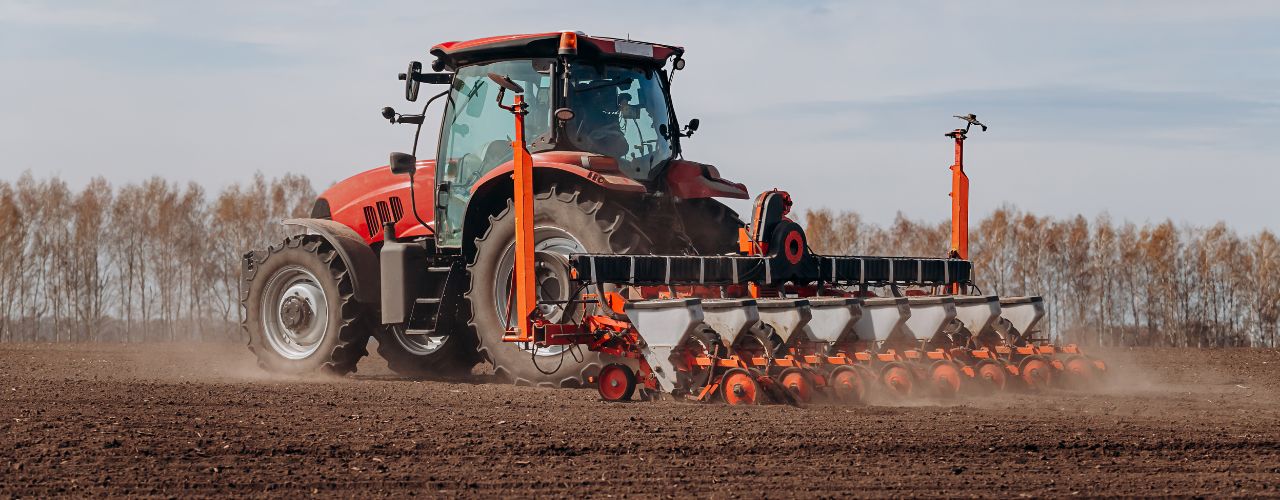Farming is a profession that requires an incredible amount of hard work, patience, and strategic thinking. In today’s evolving agricultural landscape, efficiency is key not just for success but for sustainability. Farmers are constantly seeking ways to optimize their processes, reduce waste, and increase yields. Here are five practical ways to maximize efficiency on your farm.
Optimize Your Tractor With Attachments
You can revolutionize how you approach various farm tasks by selecting the perfect tractor attachments. Whether you’re cultivating, seeding, or harvesting, the right attachment can significantly cut labor time while increasing precision. Rotavators can swiftly prepare fields, reducing manual labor and fuel consumption, while precision seeders ensure that every seed is planted with accuracy, avoiding wastage and optimizing yield. By investing in the right equipment, you’re laying the groundwork for a streamlined agricultural operation.
Adopt Intercropping Strategies
Intercropping, the practice of growing two or more crops simultaneously on the same plot of land, is a centuries-old technique that’s making a resurgence. By carefully selecting crops that complement each other nutritionally and space-wise, farmers can reduce soil erosion, optimize the use of sunlight, and naturally enhance pest control.
Implement Smart Water Agriculture
Water is a precious resource, especially in the context of changing climate patterns and the increasing demands of a growing population. Smart water agriculture technologies like soil moisture sensors, precision irrigation, and even drone technology can help farmers determine the exact water needs of their crops. These tools empower farmers to reduce water wastage and prevent crop overwatering, ultimately saving resources and increasing the farm’s bottom line.
Focus on Soil Health
A farmer’s biggest asset is arguably the health of their soil. Practices such as rotating crops, cover cropping, and using organic matter can significantly enhance the soil’s fertility, reducing the need for artificial fertilizers. Healthy soil is more resistant to erosion, can retain water better, and offers a more hospitable environment for a diverse range of beneficial organisms. Employing natural fertilizing methods like composting can increasingly complement the soil’s nutrient cycle, improving efficiency and promoting sustainability.
Utilize Data-Driven Farm Management Software
Farm management software that integrates with your existing equipment can provide invaluable insights into your farm’s operations. From tracking the growth of your crops to monitoring machinery efficiency, these data-driven programs offer a snapshot of your farm’s health and performance. Historical data can help predict yields and plan logistics, while ongoing analysis can pinpoint areas for improvement. By harnessing technology and big data, farmers can make more informed decisions, optimize production, and reduce unnecessary costs.
By applying these five ways to maximize efficiency on your farm, you can improve productivity and sustainability. Whether you implement technological enhancements or the timeless wisdom of age-old practices, the success of your farm is in your capable hands.





